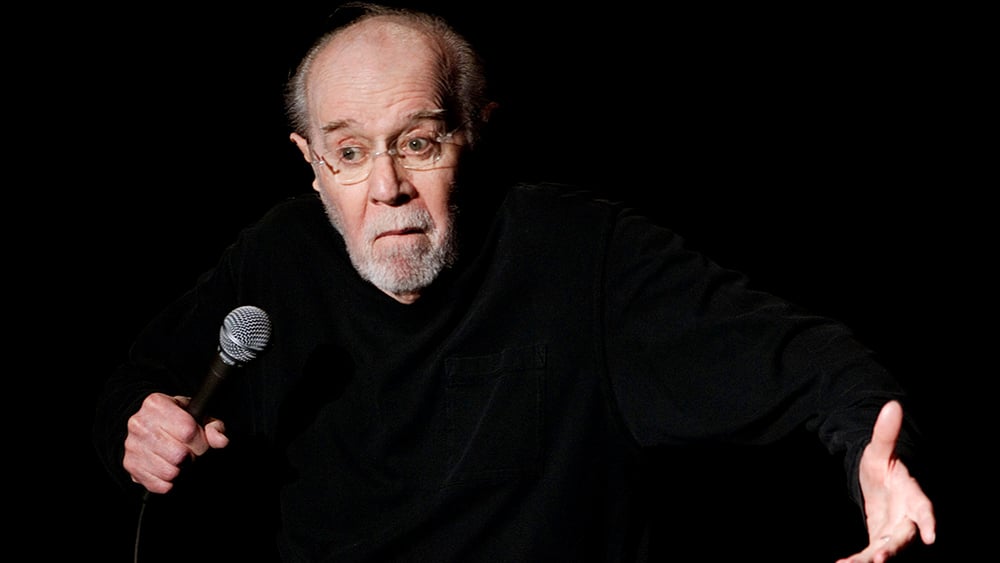George Carlin Estate Files Lawsuit Against Group Behind AI-Generated Stand-Up Special: ‘A Casual Theft of a Great American Artist’s Work’::George Carlin’s estate has filed a lawsuit against the creators behind an AI-generated comedy special featuring a recreation of the comedian’s voice.



What do you mean by “comedy impersonation” - parody, or just copying a comedian?
If I were to set up a music show with a Madonna impersonator and slightly changed Madonna songs (or songs in her style), I’ll get my pants sued off.
If Al Yankovic does a parody of a Madonna song, he’s in the clear (He does ask for permission, but that’s a courtesy and isn’t legally mandatory).
The legal term is “transformative use”. Parody, like where SNL has Alec Baldwin impersonating Trump, is a recognized type of transformative use. Baldwin doesn’t straight up impersonate Trump, he does so in a comedic fashion (The impersonation itself is funny, regardless of how funny Trump is). The same logic applied when parodying or impersonating a comedian.
Drag shows do stuff like this all the time with zero issue. Artistic freedom is a thing.
This is the sort of thing a person rattles off on gut alone. “Artistic freedom” is not legally defensible - if your work isn’t entirely unique, you need to fit within Fair Use in the US.
If you’re in many places outside the US (like Japan) there is NO Fair Use carve-out to copyright (which is why Palworld may be more fucked than if they were a US company.)
I think your Madonna example is completely fine as long as they don’t call themselves Madonna and start uploading videos on YouTube with her name on it (like is the case here).
Madonna owns her name and trademark but not her tone of voice, style of songs or her wardrobe choices.
In the same way, The George Carlin estate doesn’t own his speech mannerism or comedic style but they certainly own his name.
How is the AI impersonation of Carlin different from when Paramount used actors who looked like Queen Elizabeth or Barbara Bush, or human impersonators who sound just like the real person they’re impersonating (besides the obvious difference)?
I’m not saying Dudesy is in the right. Making an AI system sound like someone somehow feels different than an impersonator doing the same thing. But I don’t know why I feel that way, as they’re extremely similar cases.
It’s because a person is directly doing it. It’s not odd that our laws and mores exist for the benefit of people trying to do stuff.
Even comparing a photocopy to a forgery, at least the forgery took some direct human skill, rather than just owning a photocopier
I hear you, and I thought about that before posting the comment, but does method matter? Does human skill in something make it any more right, or does a computer being directed to do something make it any more wrong? The final product is essentially the same, no matter how it was achieved.
Whether I, unprovoked, physically attack someone or I command my dog to attack someone, I’m being held responsible for the attack. It’s not so much the method or the tool that was used as it is the product, because the act is wrong.
Better yet, to your point, whether I draw the Simpsons and sell that image or print an image of the Simpsons and sell it, it’s considered wrong without permission of Groening.
The question is: Is it wrong to impersonate without intention of deceiving, using any method? I’m not arguing for or against. Simply asking moral questions. It’s a quandary, for sure.
Programming isn’t a human skill? Shit I am in big trouble.
Wait, so America’s Got Talent aired a crime with this Elvis impersonator?
Granted, the AI Carlin made it clear that he was NOT the real Carlin, but this Elvis is trying to be Elvis. 🤷♂️
Here is an alternative Piped link(s):
America’s Got Talent
Piped is a privacy-respecting open-source alternative frontend to YouTube.
I’m open-source; check me out at GitHub.